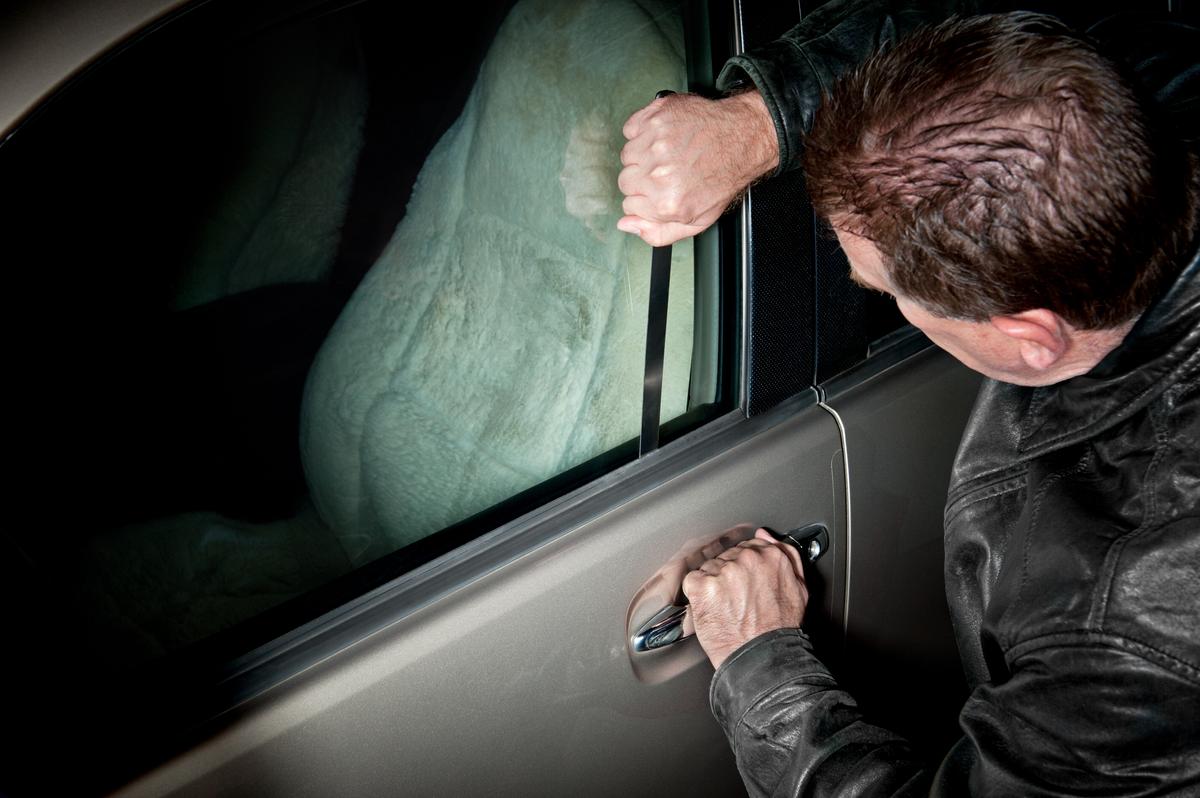What Is Grand Larceny?

In Virginia, grand larceny is a serious theft crime that involves taking someone’s property or money without their consent. If you are facing grand larceny charges, don’t take them lightly. A conviction on those charges could lead to consequences that can impact you for the rest of your life.
Definition of Grand Larceny in Virginia
In Virginia, three things can make a larceny offense “grand,” including:
- Directly taking property or money with a value of five dollars or more directly from a person
- Taking property or money worth $1,000 or more that didn’t come off another person’s body, or
- Taking another person’s firearm when the gun was not on the person, regardless of the value of the gun.
Under Virginia law, grand larceny is a felony offense of varying degrees, depending on the value of the goods, property, or money taken. Unfortunately, you can be charged with and convicted of grand larceny even if you didn’t steal the items yourself.
Penalties for Grand Larceny in Virginia
In Virginia, penalties for grand larceny vary depending on the value of the items stolen. For example, if you are charged with grand larceny, which is a felony, you can face between one and 20 years in a state correctional facility and a fine of up to $2,500. However, the judge or a jury could reduce your sentence to less than 12 months in jail at their discretion.
Sometimes, you may also need to pay restitution to the victim. This is a court-ordered payment meant to compensate the victim for the value of the items stolen.
Defenses to Grand Larceny in Virginia
An experienced attorney could employ several defenses depending on the circumstances of your case, including:
- Lack of intent: If you did not intend to steal the items, you should not get convicted of a theft crime. For example, if you were shopping and accidentally walked out with some merchandise without paying, your attorney can argue that you did not intend to steal the merchandise.
- Mistake of fact: To be convicted of grand larceny, you must have knowingly taken someone else’s property. Therefore, you cannot be convicted of grand larceny if you believe the goods were yours. For example, if you were at an airport and took someone’s suitcase thinking it was yours, an attorney can argue a mistake of fact.
- Consent: It is not a theft crime if the owner of the goods consented to you taking them. For example, if someone told you to take something and later accused you of stealing it, your attorney can argue consent.
- Abandonment: If the items you took were abandoned, you have a valid defense to avoid conviction. An example would be if you picked things up from the side of the road, believing they don’t belong to anyone. If this is the case, your attorney can argue that someone intentionally abandoned the items, so you did not steal the goods.
- Duress: If someone threatened to harm you or a loved one if you didn’t commit grand larceny and you reasonably believed that the harm would occur, you can claim duress. For example, you have a valid duress argument if someone holds a gun on you and threatens to kill you unless you steal something for them.
An experienced attorney can review the facts of your case and determine the best defense for you.
Contact the Criminal Defense Attorneys of Pincus Goodman, P.C.
If you are facing grand larceny charges, having an attorney can make a substantial difference in the outcome of your case. At Pincus Goodman, P.C., we understand how impactful a grand larceny charge and conviction is. Using our experience, we will fight to get the charges reduced or dismissed so that the charge impacts your life as little as possible.
To discuss your options during a confidential consultation, call us at (757) 301-9634.


